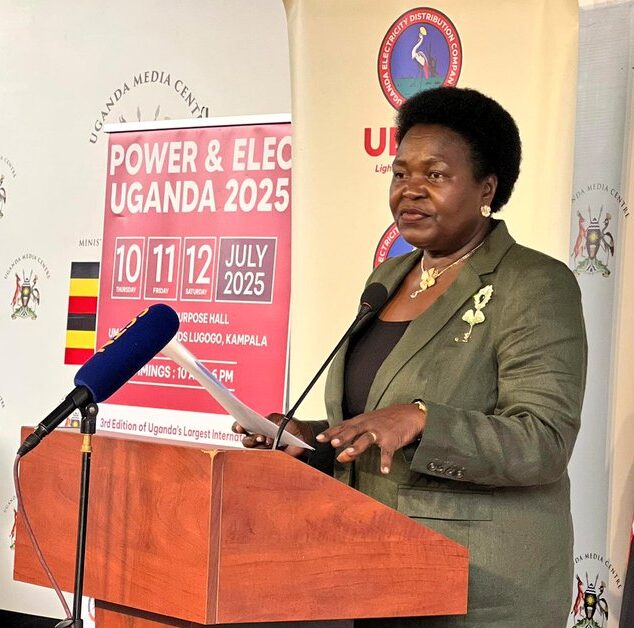Introduction
In a landmark move aimed at transforming Uganda’s energy sector, the government has officially launched a Shs54 billion smart meter electricity factory in Kawempe, Kampala. This state-of-the-art facility, established by Henley Energy Uganda Ltd—a subsidiary of the US-based Henley Energy—marks a significant stride towards industrialization, import substitution, and the modernization of Uganda’s electricity distribution network.

Background and Rationale
Uganda’s rapid economic growth and urbanization have placed increasing demands on the national electricity grid. Historically, the country has relied heavily on imported electricity meters, which not only increased costs but also led to delays in expanding access to power, especially in rural areas. The government’s vision to achieve 100 percent power connection by 2030 necessitated a local solution that would ensure timely, affordable, and high-quality metering for all Ugandans.
The unveiling of the smart meter factory is a direct response to these challenges. It aligns with the government’s “Buy Uganda, Build Uganda” (BUBU) policy, which seeks to promote local manufacturing, create jobs, and facilitate technology transfer to Ugandan workers and engineers.
Factory Details and Capacity
The new facility, located in Kirokole Zone, Kawempe, is equipped with advanced production lines, quality control systems, and laboratory testing facilities designed to meet stringent international standards. The factory is expected to be a game-changer for Uganda’s energy sector, with the following key features:
- Investment: Shs54 billion (approximately $15 million)
- Ownership: Henley Energy Uganda Ltd, a subsidiary of Henley Energy (USA)
- Annual Production Capacity:
- 600,000 to 700,000 single-phase meters (3.5 million over five years)
- 300,000 to 350,000 three-phase meters (1.75 million by 2030)
- Employment: Over 500 Ugandans, with a focus on upskilling young engineers and technicians
- Future Plans: Expansion to manufacture gas meters for the oil and gas sector, in anticipation of beneficiation activities starting in 2026.
Strategic Importance
Reducing Import Dependence
The factory’s establishment is a major step towards reducing Uganda’s dependence on imported smart meters. Previously, imported meters took up to six months to arrive, causing delays in electricity connections and increasing costs for consumers. Local production will not only shorten delivery times but also ensure that meters are tailored to Uganda’s specific needs and standards.
Quality Assurance and Standards
All meters produced at the Kawempe plant are tested and certified by the Uganda National Bureau of Standards (UNBS). Test runs have confirmed that the meters meet the required Ugandan and international standards, ensuring reliability and safety for end-users. The Minister for Energy, Ruth Nankabirwa, emphasized that quality would not be compromised, and called for the inclusion of anti-vandalism features in the new meters.
Job Creation and Skills Development
The factory is expected to create over 500 direct jobs and many more indirect opportunities through its supply chain. A significant focus is being placed on training and upskilling Ugandan engineers and technicians, which is critical for nurturing a technically skilled workforce capable of supporting the country’s industrialization agenda.
Regional Impact
Beyond serving Uganda, the factory is positioning itself to supply smart metering solutions to the wider East African market. This regional outlook is expected to boost Uganda’s exports, enhance its industrial base, and contribute to the country’s economic growth.
Policy and Economic Implications
The launch of the smart meter factory is a testament to the government’s commitment to industrialization and import substitution. By producing meters locally, Uganda can save foreign exchange, reduce the cost of electricity connections, and accelerate rural electrification. The move also supports the government’s broader goal of increasing access to reliable, affordable, and modern energy for all Ugandans.
Conclusion
The unveiling of the Shs54 billion smart meter electricity factory in Kawempe is a transformative development for Uganda’s energy sector. It promises to enhance electricity access, create jobs, foster technology transfer, and position Uganda as a regional hub for smart metering solutions. As the country moves towards its 2030 electrification targets, the factory stands as a symbol of progress, innovation, and self-reliance in Uganda’s journey towards sustainable development

